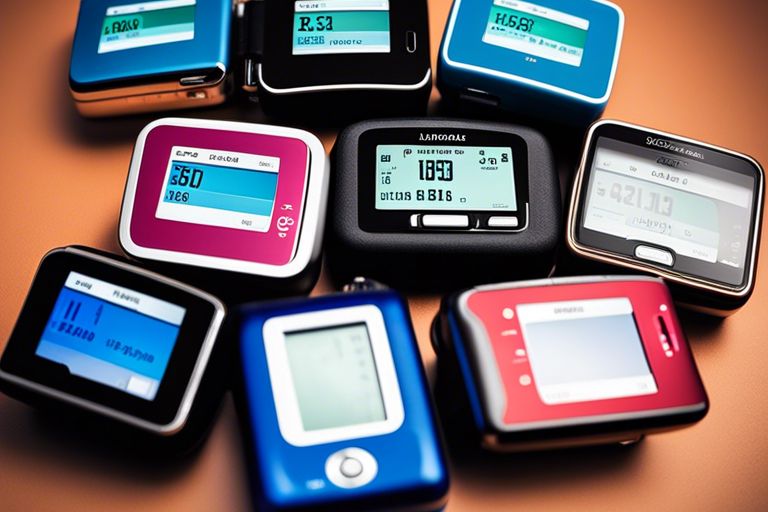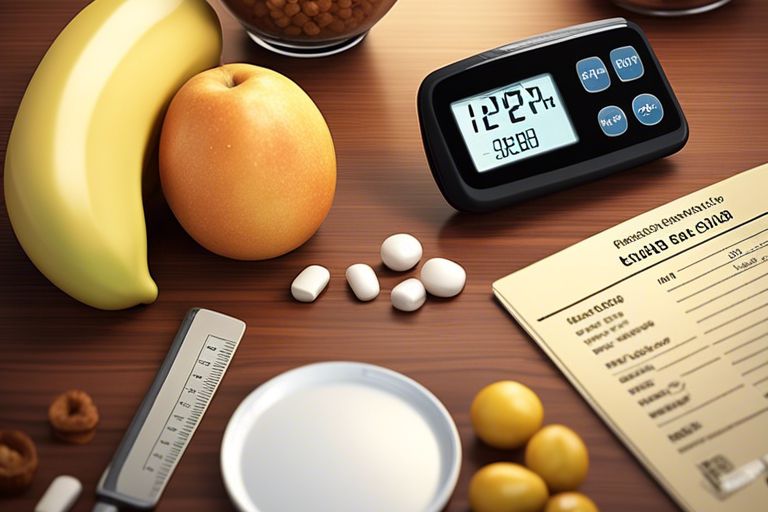Diabetes is a chronic health condition that can cause many complications, including foot problems. As a diabetic, it is crucial to take care of your feet to prevent serious foot complications such as ulcers, infections, and even amputations. In this article, we will discuss the importance of looking after your feet as a diabetic and provide a complete guide on how to do so.
Understanding the risks of foot problems for diabetics
Diabetes can cause several complications that increase the risk of foot problems, including nerve damage and poor blood circulation. Nerve damage can result in tingling, pain, or numbness in the feet, while poor blood flow can lead to slow-healing sores or wounds. Diabetics are also more prone to infections, which can quickly become serious if left untreated.
Importance of foot care for diabetics
Proper foot care is crucial for diabetics to prevent serious foot complications.
Prevention of serious foot complications
Taking care of your feet as a diabetic can prevent serious foot complications such as ulcers, infections, and even amputations. Regular foot care can help detect problems early and prevent them from becoming more severe.
Improvement of quality of life
Proper foot care can also improve your quality of life as a diabetic. Healthy feet can help you stay active, which is essential for managing diabetes. Foot problems can also cause discomfort, pain, and limited mobility, which can affect your overall well-being.
How to look after your feet as a diabetic
Taking care of your feet as a diabetic involves several steps to prevent foot complications.
Checking your feet daily
Check your feet daily for any cuts, blisters, sores, or swelling. Also, look for changes in skin colour or temperature. Make sure to check the bottom of your feet and between your toes. Use a mirror to check the bottom of your feet if needed.
Keeping your feet clean and dry
Wash your feet daily with warm water and mild soap. Avoid soaking your feet for too long, as this can dry out your skin. Pat your feet dry with a soft towel, making sure to dry between your toes. Avoid rubbing your feet, as this can damage the skin.
Moisturizing your feet
Moisturize your feet daily with a lotion specifically designed for your feet. Avoid putting lotion between your toes, as this can create a moist environment that promotes fungal growth.
Wearing the right shoes and socks
Wear shoes that fit well and provide good support. Look for shoes with a wide-toe box and a low heel. Avoid shoes with pointed toes or high heels. Wear socks that fit well and don’t bunch up. Look for socks made from breathable materials such as cotton or wool.
Taking care of your toenails
Cut your toenails straight across, and file any sharp edges. Do not cut your toenails too short or too curved. If you have an ingrown toenail, soak your foot in warm water and gently lift the nail. If the nail is infected, see a healthcare provider.
Managing your blood sugar levels
Managing your blood sugar levels is essential for preventing foot problems. Follow your healthcare provider’s instructions for managing your blood sugar levels. This may include taking medications, monitoring your blood sugar levels, and making dietary changes.
Getting regular foot check-ups
Get a foot exam at least once a year, or more often if your healthcare provider recommends it. During a foot exam, your healthcare provider will check your feet for any problems, including nerve damage and poor blood flow.
Tips for maintaining healthy feet as a diabetic
In addition to regular foot care, there are several other things you can do to maintain healthy feet as a diabetic.
Exercise regularly
Regular exercise can improve circulation and help prevent foot problems. Make sure to wear appropriate shoes and check your feet before and after exercise.
Quit smoking
Smoking can damage your blood vessels and increase the risk of foot problems. Quitting smoking can help improve circulation and reduce the risk of foot complications.
Follow a healthy diet
Following a healthy diet can help manage your blood sugar levels and reduce the risk of foot problems. Eat a balanced diet that includes fruits, vegetables, whole grains, lean protein, and healthy fats.
Conclusion
Taking care of your feet as a diabetic is essential for preventing serious foot complications. This involves checking your feet daily, keeping them clean and dry, moisturizing them, wearing the right shoes and socks, taking care of your toenails, managing your blood sugar levels, and getting regular foot check-ups. By following these steps and maintaining a healthy lifestyle, you can help prevent foot problems and improve your quality of life as a diabetic.
FAQs
- How often should diabetics check their feet? Diabetics should check their feet daily to detect any problems early before they become serious.
- What kind of shoes should diabetics wear? Diabetics should wear shoes that fit well and provide good support. They should look for shoes with a wide toe box and a low heel, and avoid shoes with pointed toes or high heels.
- How can diabetics prevent foot problems? Diabetics can prevent foot problems by understanding the risks, checking their feet daily, keeping their feet clean and dry, moisturizing their feet, wearing the right shoes and socks, taking care of their toenails, managing blood sugar levels, getting regular foot checkups, and being proactive about foot care.
- How can exercise help prevent foot problems for diabetics? Regular exercise can improve circulation and help prevent foot problems. Make sure to wear appropriate shoes and check your feet before and after exercise.
- Can quitting smoking help prevent foot problems for diabetics? Yes, quitting smoking can help improve circulation and reduce the risk of foot complications for diabetics.




